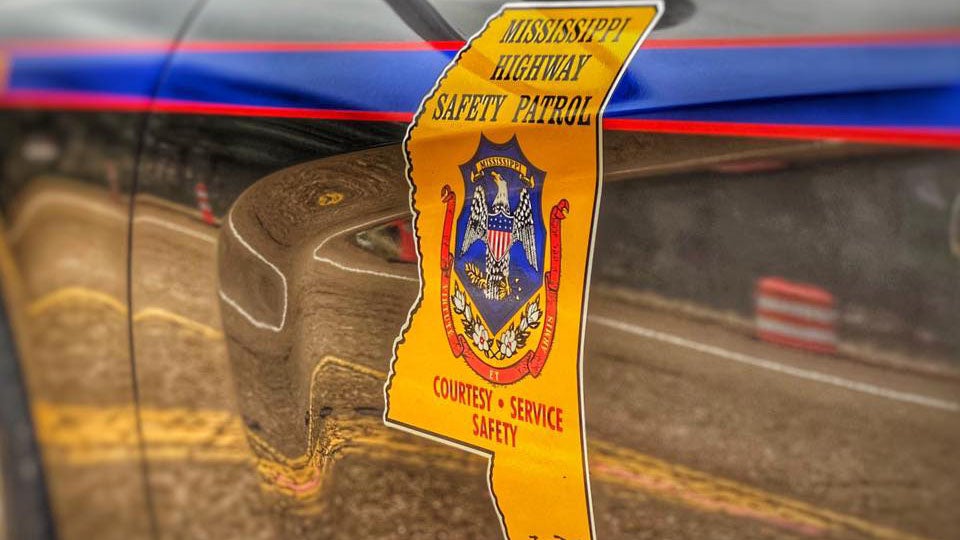To Bolivia And Back
Published 6:00 pm Sunday, October 10, 2010
He can’t speak their language – he can barely pronounce theirnames.
He can’t eat their food – he was sick on the flight home.
He can’t save their lives – their average life expectancy isaround 69 years.
But, after multiple mission trips to the South American nation,Brookhaven’s Tyler Coker has learned how to accomplish one criticaltask for the people of Bolivia.
He can help save their souls.
“It makes you feel really good. There’s really not anything youcan say to describe it,” said Coker, a 17-year-old senior atBrookhaven Academy and member of Friendship Baptist Church. “Jesusis the One who gives you the strength to do the work. You’re justthe tool He uses.”
Making his first solo mission trip to Bolivia earlier thissummer, Tyler moved up from the children’s ministry team, where hewas active on six previous missions, to the door-to-door witnessingteam with a direct task of bringing people to Jesus. Flanked by apair of Spanish-speaking translators, he was able to lead fourBolivians in praying the sinner’s prayer during his nine-daymission.
It was Tyler’s seventh mission to Bolivia, and the mostimportant of his life.
He began traveling to the country on mission trips with hisfather, the late Rev. Gordon Coker, at age 13. Rev. Coker, whosuccumbed to cancer at age 57 on Sept. 2, was his son’sinspiration.
“My dad pretty much started it, and he would tell anyone, ‘Ifyou want to go, let’s go,'” Tyler said. “He went to Bolivia 13 or14 times. He was doing two trips a year – one year, he went threetimes. Bolivia was his heart.”
The Cokers’ mission trips were coordinated with Sue Whitten, aprominent Southern Baptist missionary headquartered in Bolivia’scapital, Santa Cruz. Working on her missions, the Rev. Coker wouldpreach services in the jungle, evangelize and distribute food andclothing in the north-central province of Guarayos.
While the elder Coker spread the Word, Tyler worked with hispeers witnessing to Bolivia’s children, performing puppet shows,playing games and distributing soccer balls.
“That really touched me, made me want to keep going back,” Tylersaid. “Those kids have nothing. A lot of times you’ll see themplaying with a piece of string tied to a board, or kicking a cokebottle to play soccer.”
Tyler would keep going back – six times, always accompanied bythe Rev. Coker. Their last trip together came in the summer of2009. The reverend would spend the next year fighting renal cellcarcinoma, a resistant kidney-based cancer that would eventuallyend his life.
“He was planning to go in November, and the doctors said, ‘No,'”Tyler said. “He said February he was going to go no matterwhat.”
As the Rev. Coker declined throughout the summer, Tyler faced achoice – go on his first solo mission trip or stay home with hisfather. He soon found himself on a plane to Bolivia.
“My dad would have been extremely upset if I would have canceledthat trip,” he said. “I know he wants me to keep going. He’s playeda big role in my life, and everybody’s life. Just to see him – hewould get up and go to the fridge and it would tire him out. Buthe’d still drive an hour to preach every Sunday. If he can do that,I can on a mission trip by myself.”
On June 29, Tyler arrived in Camiri in southern Bolivia, on theother end of the country from Guarayos. Camiri was different -still remote and poor, but not quite as isolated orpoverty-stricken. The people had better living conditions than he’sexperienced previously, but – just as in America – the higherstandards made for busier people.
Tyler described the destination as physically easier, butspiritually tougher.
“The people seemed like they didn’t have time for you,” hesaid.
But these were the people Tyler had come to minister to. Hejoined the ESL team (English, Second Language), was paired withSpanish-speaking translators and set out to find lost souls.
“I did a lot more evangelism this time, knocking on doors andtalking to people,” he said. “Every trip I had done thedoor-to-door mission, but I had never been the one to do thespeaking. To get ready, I prayed. A lot.”
Tyler remembered his very first stop on the ESL. An older ladyanswered the door, and the translators began introducing the teamand explaining why they had come as Tyler stood by, waiting for hiscue to witness.
“My heart was racing. I was nervous as all get-out,” heremembered. “I just finally said, ‘I have to do this.’ I just wentand did it.”
To help the young minister carry out his mission, Tyler wasequipped with an evangelism cube, a small, folding paper blockillustrated with simple pictures that show the story ofChristianity, from creation to crucifixion to salvation. It givesthe minister an easily understandable outline to communicate acrosslanguages.
Tyler would repeat the process to about 20 people during hismission, and would also return to the familiar duties of working onthe children’s team. The entire mission, which ended on July 9,would see about 600 Bolivians saved.
Four of those would be saved as a result of Tyler’s witness.
“Like my dad said, ‘If all his life he brings one person to God,his life was worth it,'” he said. “That’s how I feel now.”
Tyler has already begun planning his next trip for the summer of2011. He plans to return to Bolivia and stay for 30 days, visitingseveral cities and towns.




